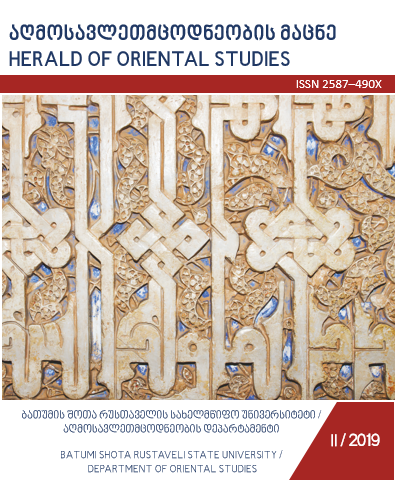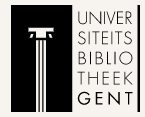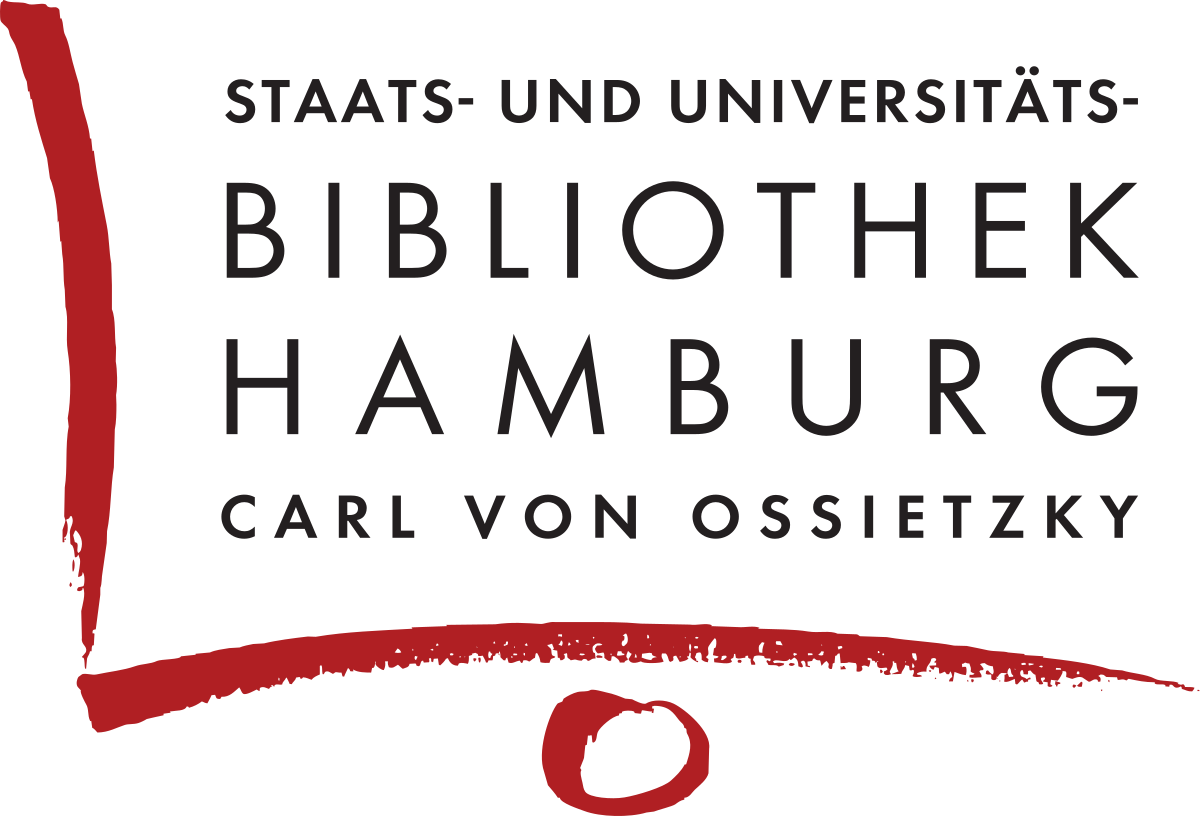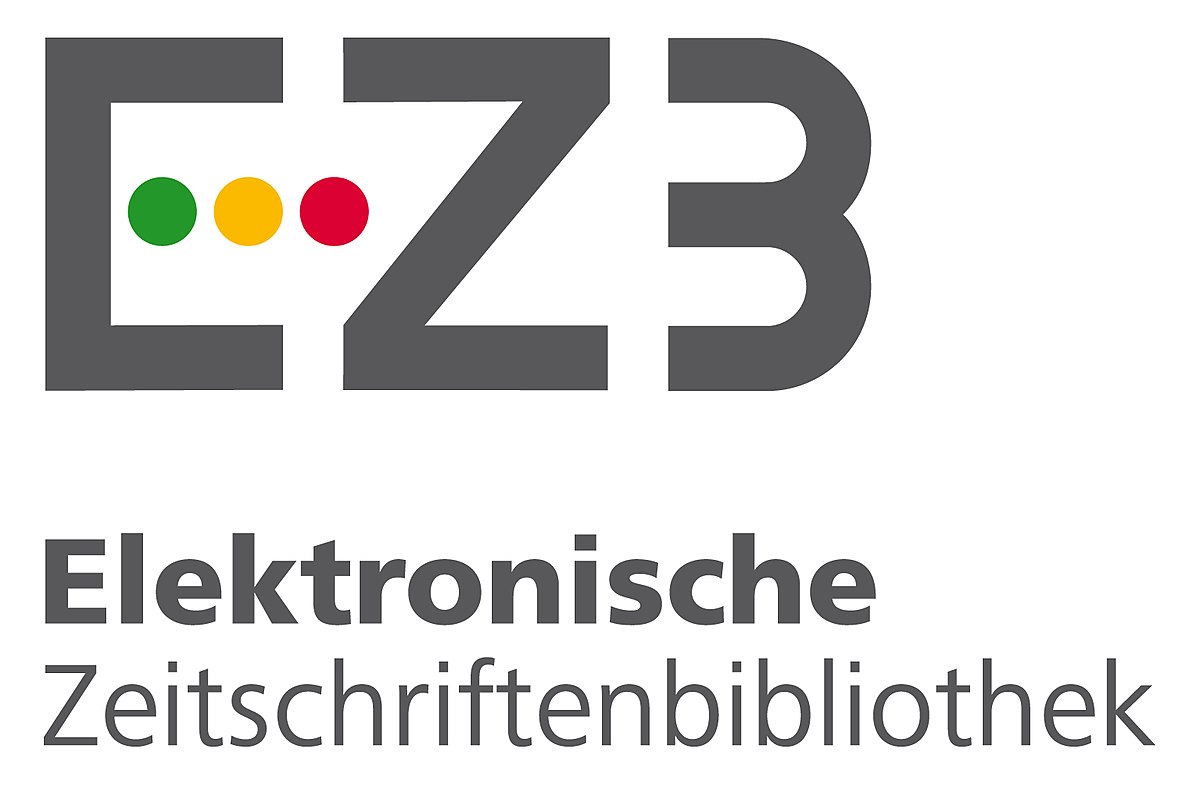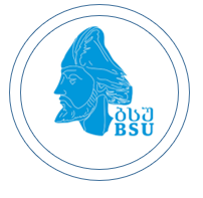Laz vocabulary in „Adjarian dialect dictionary resources“
DOI:
https://doi.org/10.61671/hos.2.2019.2784Keywords:
Laz, AdjaraAbstract
Material I have found in Noghaideli's "Adjarian dialect vocabulary materials” shows that the dominance of Laz environment has led to a number of borrowings in Adjarian dialect, which are often used in the conversational part.
We will have to divide the materials into several parts:
- Georgian language is characterized by borrowing the stem while verb borrowing and adding Georgian affixes. Examples below are good illustrations of this.
E.g. Adj. “ga -bghez-eba” J.N 49 p. - get angry
- nouns that don’t change the form:
Example: “dudi“ – head (J.N) 96/ “dudi” -Head (227) A.T Laz toponyms. In Present Turkey there is a place – village “Azlagha”, where the Laz Christians were beheaded and that place is called “Dudi Kvata” .
3.Nouns that change the form:
“Nogha” – young forest (J.N.)190/ “Nogha” – village center (A.T.)580.
- Laz toponyms: in this materials we meet some toponyms:
“Ontapura” – gorge in the village Tskavroka (J.N.)195
Onta-pura/Puna Ontonu – dive (A.T) 640. Means “to dive” and this name comes from the diving places in the river “Ontapura”.
Pun/ra – is an affix and indicates to the place. Mtkhie-puna, kvae-puna i.e Tkhil-nari - Riverside rocks – this is Laz toponym.
Downloads
Downloads
Published
How to Cite
Issue
Section
License
Copyright (c) 2019 Lile Tandilava

This work is licensed under a Creative Commons Attribution-ShareAlike 4.0 International License.

